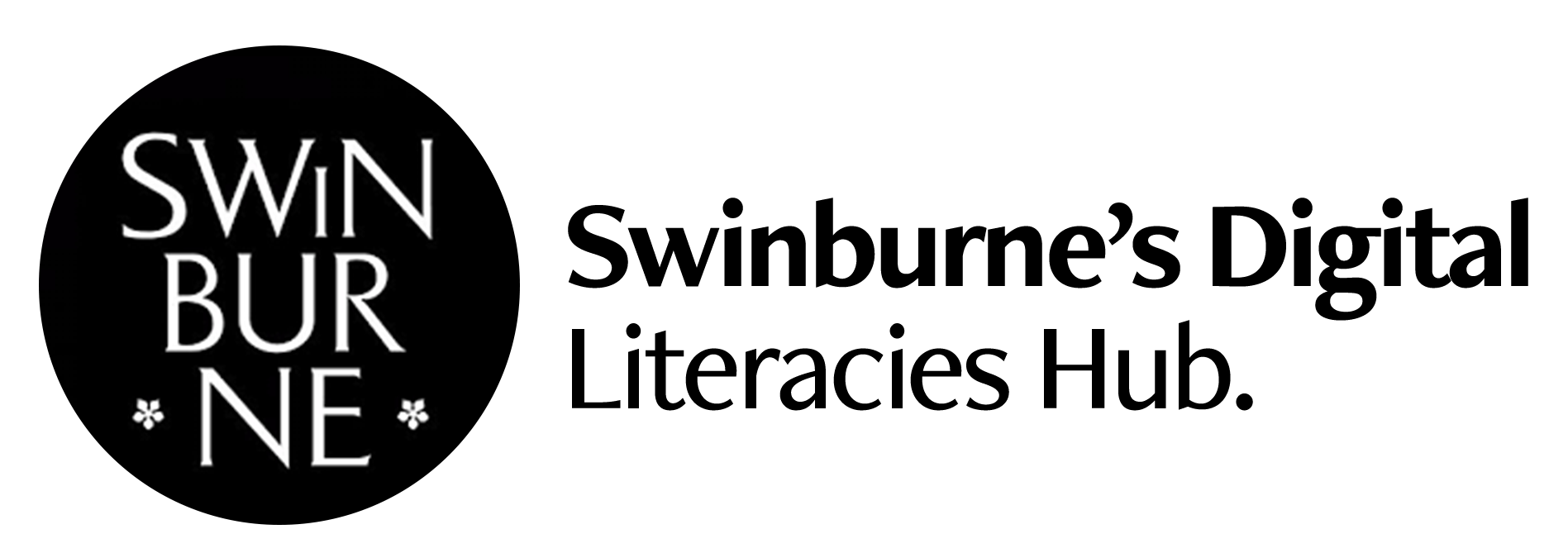Health Science
Vaccines in a Pod - by the Undergrads!
Charmaine Lloyd
School of Health Sciences
School of Health Sciences
Twenty-six percent of Australians listen to podcasts weekly. This could be a powerful tool for scientific communication, which students must have the opportunity to experiment with.
Local and international students from the BHSc unit Infections & Immunology will be provided an opportunity to garner information and critical literacy on the topic of ‘Vaccines,’ and synthesize their knowledge into an interactive podcast, while developing their technical literacy with Adobe Audition. Students will draft scripts, assign talk roles, record their lively discussion and critical debates for a genre of university students. With permission, curated podcasts will be available for a public audience.
Resources
The following lesson plan scaffolds a 9 hour group project over a semester. Through this project, students produce a podcast to communicate scientific facts and current research regarding health topics that are relevant to the promotion of public health. This project invites students to promote a public health topic, develop clear and persuasive communication skills and learn deeply.
Lesson Plan (international access)
Problem
Non-mandatory attendance at lectures and tutorials, often leads less-driven students to pay less importance in their university work, and some of them might prefer to work longer hours to support their livelihood. While students might handle their “individual assignments” well, often, a majority do not handle their group assignments well. Often a group assignment which should be a conglomeration of research, thought and effort becomes a shoddy quilt of “copy- paraphrased and pasted” parts. While it might help students to get over the line, this is bad learning practice.
The Adobe audition podcasting tool was seen as a wonderful way to get students involved in their learning ‘particularly those who would be communicating about their learning’ in future workspaces. Podcasting catapulted students from a passive way of learning, into being responsible for their knowledge. It would involve them in expanding their media tastes and capabilities into podcasts (while they learned to prepare one themselves).
Project overview
The project comprised converting a traditional literature review (group assignment) into an engaging podcast group assignment. Groups (n=6) of students from a Health Science unit (n=66), were guided to take on roles as “seekers of information” (n=3) and “experts on the topic.” Students were guided from the start-of-term until the submission of assignment, with training, learning opportunities and guidance on the topic and podcasting using Adobe Audition. Dialogues for the podcast, which were based on contemporary health topics were to be based on scientific and grey references. Students managed their scripts, assigned talk roles and recorded their lively discussions and critical debates for a genre of university students. More student engagement (meet-ups, discussion of content) on the topic of study was recorded, which improved their literacy in the unit content. Digital literacy in preparing themselves for a podcast in a group, recording and editing – provided them additional career skills.
Emergent outcomes
For staff
Learning to design
• a lesson plan that included a group podcast assignment (it could be re-tailored for staff/students) and for any subject that requires group-work on a topic that requires deep learning
• instructions for download and use on podcasting with Adobe Audition
• rubric design
• assignment instructions
• feedback on the podcast script (draft) through email, voice recording and through MSTeams
• feedback in the final assignment
For students
Learning to
• engage on content topic more intently
• communicate the topic with their group members (in their designated roles)
• use their voice (modulation, empathy) while playing a role
• use peer reviewed literature resources to back the professional content communicated
• use Adobe audition to record and edit the podcast
• design an assignment that required understanding of group members’ content, which improved learning on the topic.
Key learnings
Personal shift in teaching: Preparing one’s self as an educator in Adobe audition and creating steps that were easy for students to follow
Providing clear expectations of what students would be graded for in the podcast (empathy to patient/listener in expert->listener conversations; knowledge simplification; accuracy etc)
Motivating and encouraging students for their involvement and development of the podcast
More engagement in giving feedback and vetting the script for the podcast, than would there have been for a group assignment
At the time of feedback, preparing new feedback lines for the student (when compared to those for a group assessment
Digital Literacy outcomes
Impact data
(1) Students learned how to podcast and use Adobe Audition functions while podcasting
(2) They learned the power of communicating empathy, emotion and engagement in their voice in a safe learning space.
(3) Teaching staff also learned that this could be a powerful group assignment tool, as it was easy to see (hear) how many members discussed a variety of valid points on a topic versus those who read their work from a sheet. A podcast ‘tells’ better.
(4) A survey showed that while students were apprehensive of using podcasts before the start of the assignment (35.89%), there was a modest increase (45.24%) in those who preferred this mode of assignment.
Positive feedback from students: Students enjoyed the exercise, had fun with group work and found it fruitful to learn a new tool – Adobe audition.
Negative feedback encircled non-contributing team members and time to put the podcast together as it demanded more perfection on content and communication, compared to other assignments.
